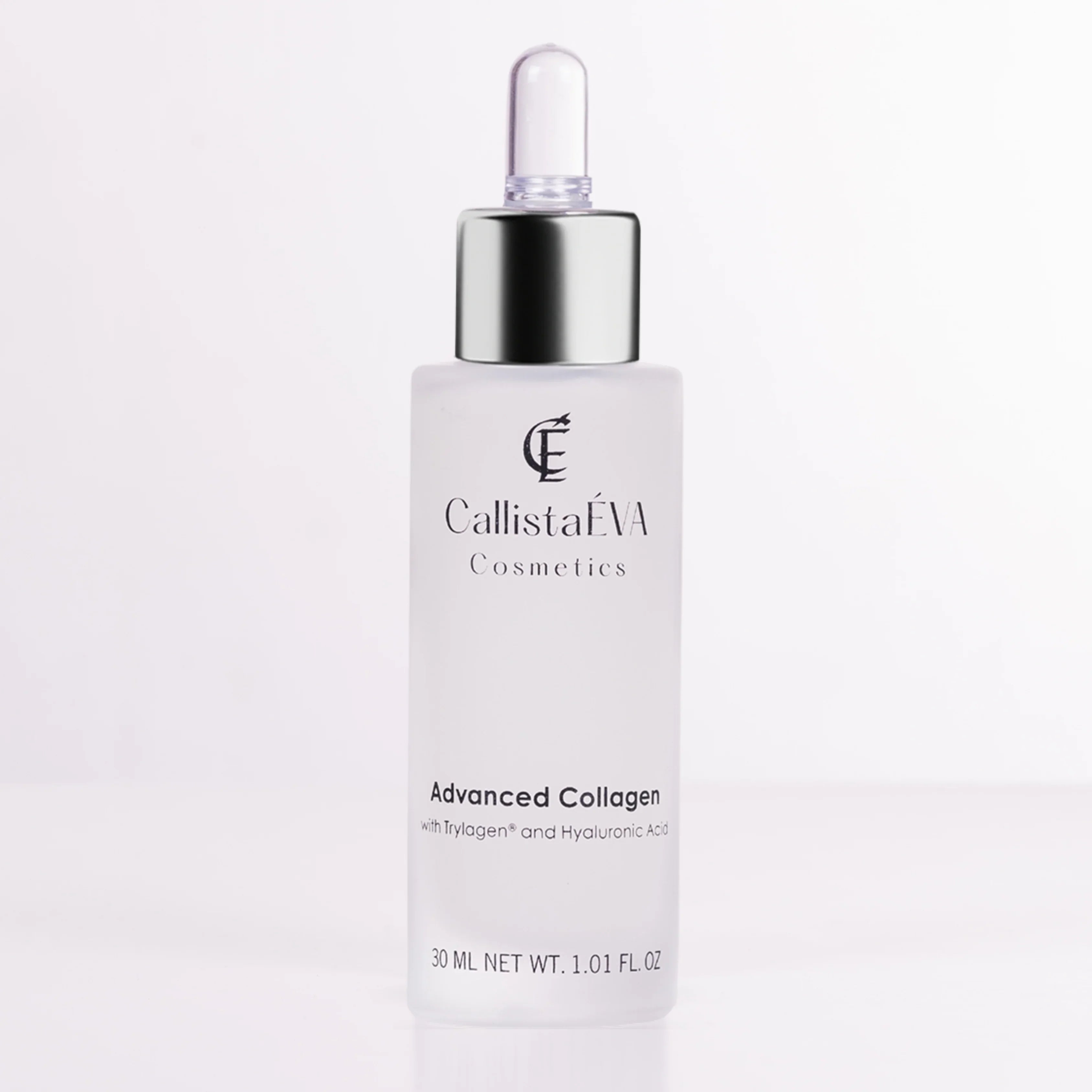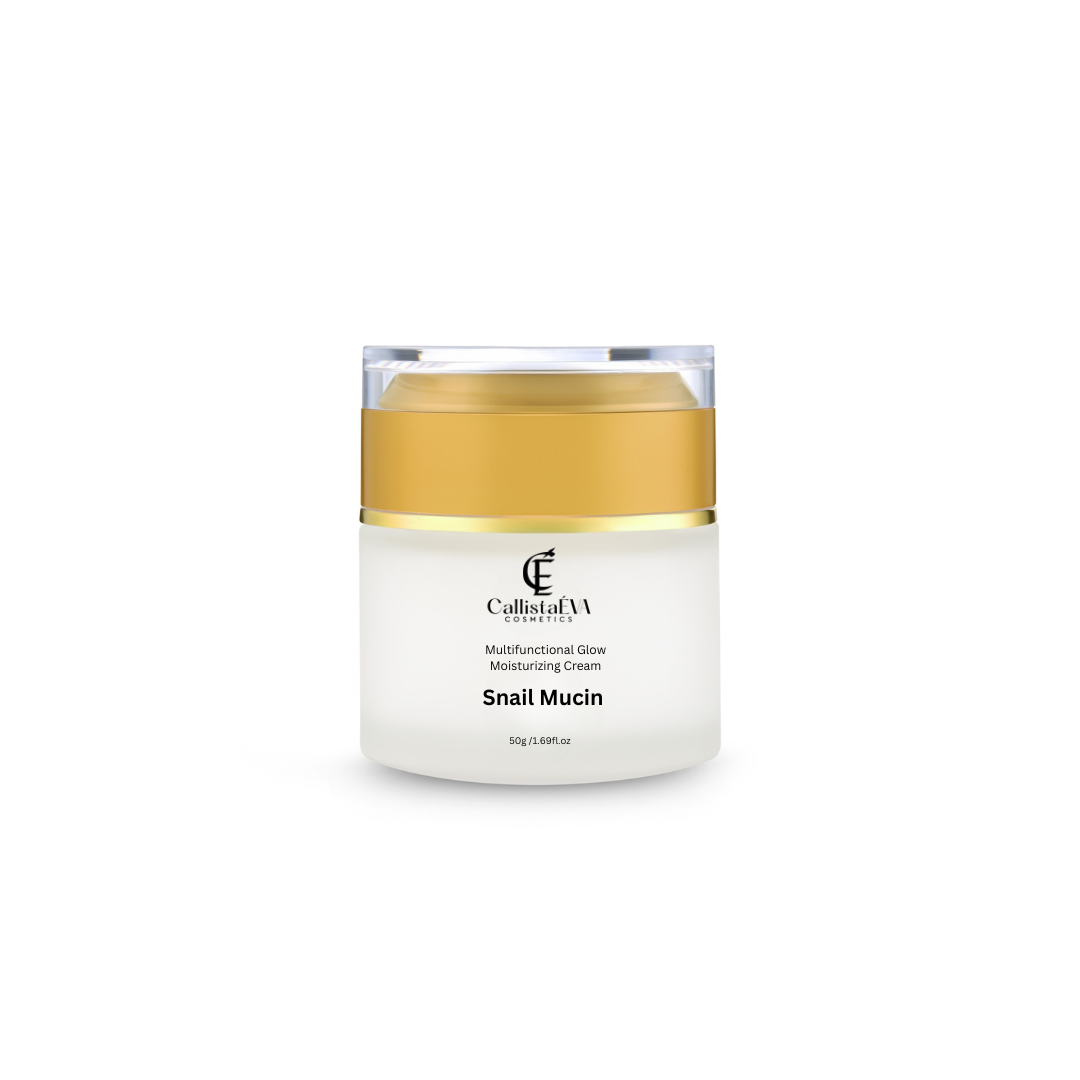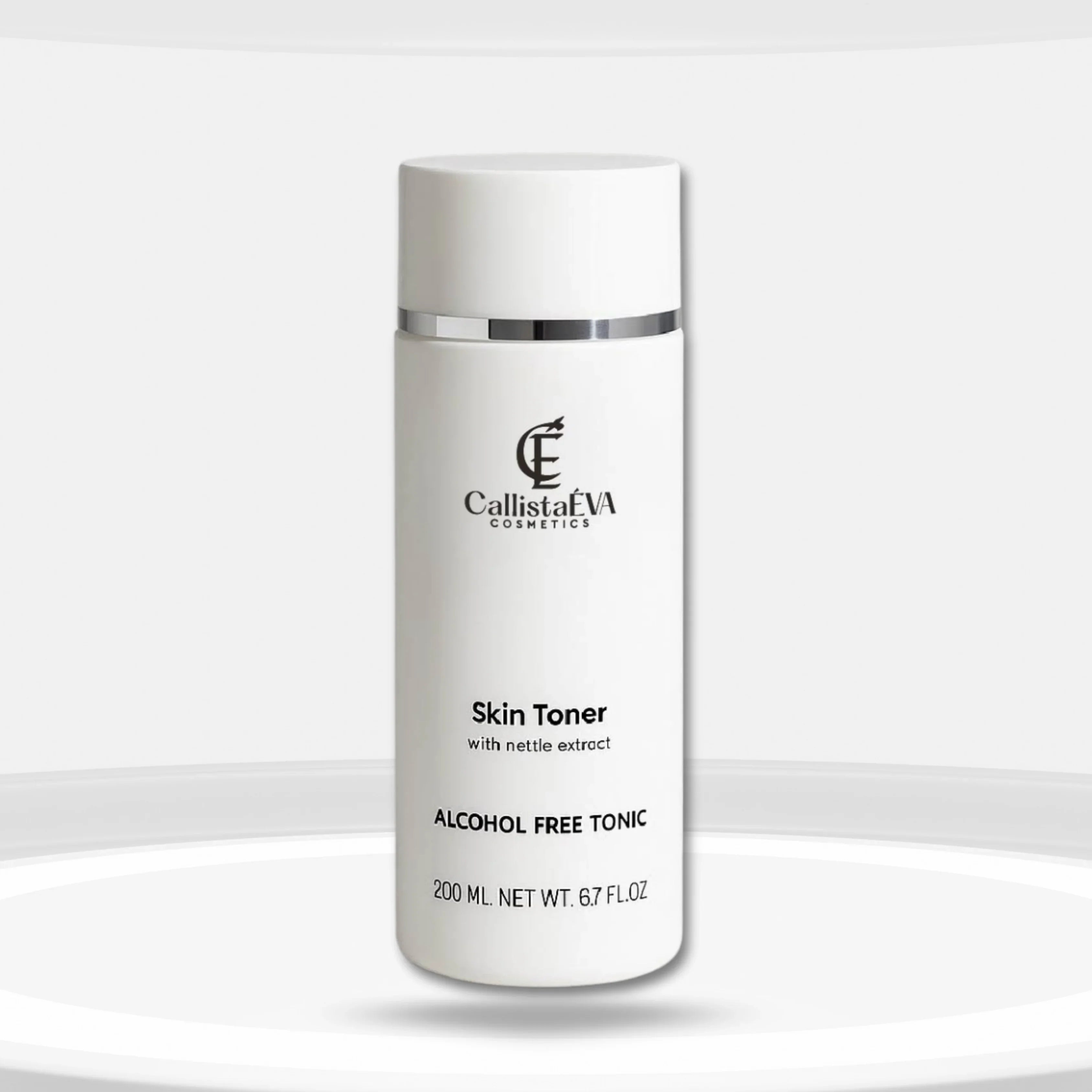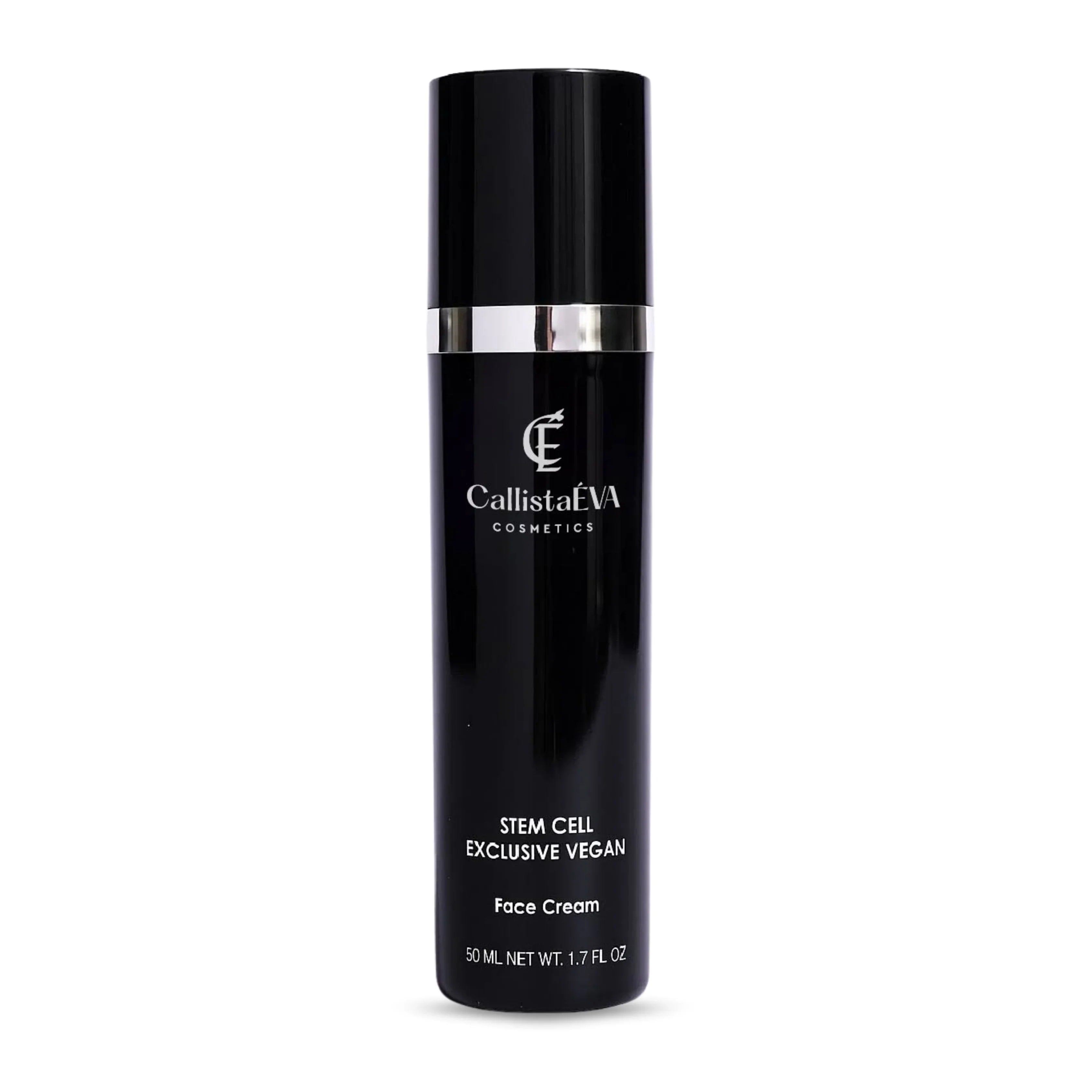Do you know the role of collagen supporting peptides in maintaining and improving skin firmness and elasticity ?
Understanding Collagen and its Importance
Collagen is the most abundant protein in the human body, serving as a primary structural component of skin, bones, tendons, ligaments, and other connective tissues. In the skin, collagen provides strength, structure, and elasticity. It forms a network of fibers in the dermis, the skin's middle layer, which supports the epidermis (outer layer) and gives the skin its youthful appearance.
As we age, collagen production naturally declines. This decline, coupled with environmental factors like sun exposure and pollution, leads to a breakdown of the collagen network. The result is a loss of skin firmness and elasticity, leading to wrinkles, sagging, and other visible signs of aging.
The Role of Collagen Supporting Peptides
Collagen supporting peptides are short chains of amino acids that act as signaling molecules. When applied topically, these peptides can penetrate the skin and stimulate fibroblasts, the cells responsible for producing collagen. They essentially "trick" the skin into thinking that collagen has been damaged, prompting it to produce more collagen to repair the perceived damage.
How Peptides Work
The mechanism of action for collagen-supporting peptides involves several key steps:
- Penetration: Peptides are designed to be small enough to penetrate the stratum corneum, the outermost layer of the skin.
- Signaling: Once in the dermis, peptides bind to specific receptors on fibroblasts.
- Stimulation: This binding triggers a cascade of intracellular events that lead to increased collagen synthesis.
- ECM Production: Fibroblasts produce more collagen, elastin, and other components of the extracellular matrix (ECM), which provides structural support to the skin.
Types of Collagen Supporting Peptides
Several types of peptides are commonly used in skincare for their collagen-boosting properties. Some notable examples include:
- Matrixyl (Palmitoyl Pentapeptide-4): One of the most well-researched peptides, Matrixyl has been shown to stimulate collagen production and reduce the appearance of wrinkles.
- Copper Peptides (GHK-Cu): Copper peptides are known for their wound-healing and anti-inflammatory properties. They also promote collagen and elastin synthesis.
- Argireline (Acetyl Hexapeptide-8): While primarily known for its ability to reduce muscle contractions (similar to Botox), Argireline can also indirectly support collagen by reducing the strain on the skin.
- Palmitoyl Tripeptide-1 and Palmitoyl Tetrapeptide-7: Often used in combination, these peptides work synergistically to stimulate collagen production and reduce inflammation.
Benefits of Using Collagen Supporting Peptides
The use of collagen-supporting peptides in skincare offers several potential benefits:
- Improved Skin Firmness: By stimulating collagen production, peptides can help to strengthen the skin's structure and improve its firmness.
- Increased Skin Elasticity: Collagen and elastin work together to provide skin with its elasticity. Peptides can help to boost both, leading to more supple and resilient skin.
- Reduced Wrinkles and Fine Lines: By plumping up the skin and smoothing out wrinkles, peptides can help to reduce the appearance of fine lines and wrinkles.
- Enhanced Hydration: Some peptides can also help to improve skin hydration by stimulating the production of hyaluronic acid, a natural humectant.
- Improved Skin Tone and Texture: By promoting collagen synthesis and cell turnover, peptides can help to improve skin tone and texture, leading to a more radiant and youthful complexion.
Application in Skincare
Collagen supporting peptides are commonly found in a variety of skincare products, including:
- Serums: Serums are lightweight, concentrated formulas that are designed to deliver active ingredients deep into the skin. Peptide serums are a popular choice for targeting wrinkles and improving skin firmness.
- Creams: Peptide creams are thicker and more moisturizing than serums. They can be used as a daily moisturizer to support collagen production and improve skin hydration.
- Masks: Peptide masks are designed to provide an intensive treatment to the skin. They can be used once or twice a week to boost collagen production and improve skin texture.
- Eye Creams: The skin around the eyes is particularly delicate and prone to wrinkles. Peptide eye creams can help to improve skin firmness and reduce the appearance of fine lines and wrinkles in this area.
How to Incorporate Peptides into Your Skincare Routine
When incorporating collagen-supporting peptides into your skincare routine, it's important to consider the following:
- Start Slowly: Introduce peptides gradually to avoid irritation. Start by using a peptide product once or twice a week and gradually increase frequency as tolerated.
- Layer Properly: Apply peptide serums after cleansing and toning, but before heavier creams or oils. This allows the peptides to penetrate the skin effectively.
- Be Patient: It can take several weeks or even months to see noticeable results from using peptide products. Be patient and consistent with your routine.
- Combine with Other Actives: Peptides can be combined with other anti-aging ingredients, such as antioxidants and retinoids, for enhanced results. However, be cautious when combining peptides with strong acids, as this can potentially degrade the peptides.
- Sun Protection: Always use sunscreen daily to protect your skin from sun damage, which can break down collagen and counteract the benefits of peptide products.
Collagen supporting peptides offer a promising approach to maintaining and improving skin firmness and elasticity. By stimulating collagen production, these peptides can help to reduce wrinkles, improve skin tone and texture, and promote a more youthful complexion. When incorporated into a well rounded skincare routine, collagen-supporting peptides can be a valuable tool in the fight against aging. As with any skincare ingredient, it's important to choose products that are formulated with high-quality peptides and to use them consistently for optimal results.














